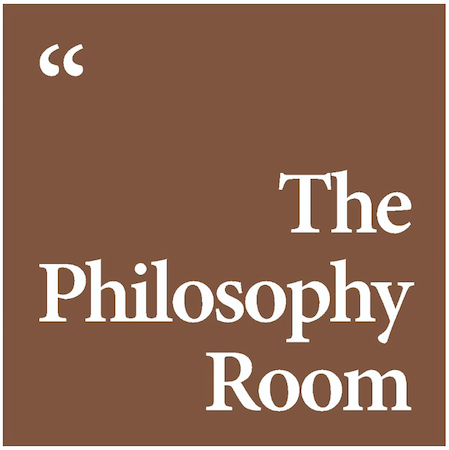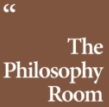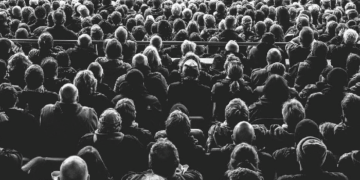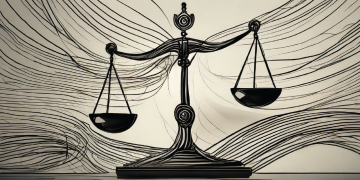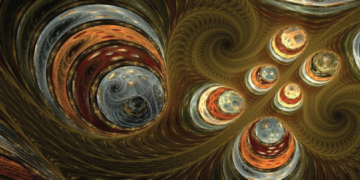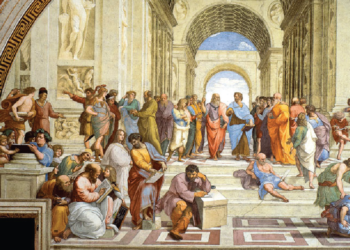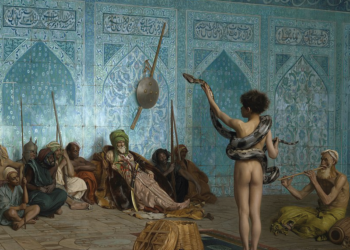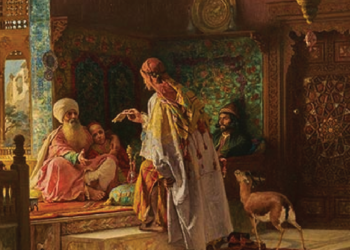HOT Theory of Consciousness
1) HOT Theory:
Higher-order theories of consciousness make reference to other, “higher-order” mental states that simulate the states in question in an effort to explain what makes mental states conscious as opposed to occurring unconsciously. The word “conscious” is used to describe a variety of unique mental experiences. The state that people and other animals are in when they are conscious of such events is one of these phenomena. However, even if one does not sense or perceive something, one might still be cognizant of it if they think of it as being there to themselves. Because “conscious” in this context accepts a grammatical object, we might refer to this phenomena as transitive consciousness.
Unrelated to the type of state or how it depicts the world, a third phenomenon is a characteristic of mental states themselves. Thoughts, perceptions, and feelings we experience on a daily basis frequently but not always come from conscious cognition. We occasionally experience subliminal perception, which occurs independently of our conscious thought. Examples include masked priming tests and blindsight.
We also occasionally have thoughts and desires that are not part of our stream of consciousness. Explaining the distinction between conscious and unconscious mental states is where most problems with consciousness occur. This phenomenon is referred to as state consciousness. Only such state consciousness is addressed by higher-order theories, which focus on elucidating the distinction between conscious and non-conscious mental states.
2) Its Influence on Pedagogy:
Most of us simply think; we don’t stop to consider it. However, educators, parents, and lawmakers have been reflecting more on thinking and how we want instructors to instil thinking in our pupils. Teachers encourage their students to do more and more with the knowledge they have retained as they advance from elementary to middle to high school.
They can invite students to rewrite the ending of a novel they’ve been reading, or they might inquire as to the motivations behind a certain character’s actions. Students may be asked to create and design a novel musical instrument if they are studying sound in science. In language arts, they can be invited to draw comparisons and contrasts between Julius Caesar and Adolph Hitler or to discuss the lessons Nazism can teach us about current global events. Higher level thinking is needed to respond to these kinds of requests. Some kids may find higher order thinking to be simple, while others may find it challenging. But the good news is that Higher order thinking can be learnt, much as most other skills and with practice, a person’s higher order thinking skill level can increase.
Higher order thinking refers to thinking at a level above memorisation of information or repeating something to someone exactly as it was told to you. Rote memory is the ability to recall facts from memory without having to stop and think about it. That’s because it behaves a lot like a robot; it follows instructions without independent thought. Higher order thinking, sometimes known as “HOT,” elevates thinking beyond merely restating the truth. HOT demands that we take action with the available data. As we look for fresh approaches to fresh issues, we must comprehend them, draw conclusions from them, link them to other facts and concepts, classify them, manipulate them, put them together in novel or creative ways, and apply them.
3) Its Criticisms:
According to Scott Sturgeon, the inner-sense idea could lead to diseases where, for example, a person’s first-order perception of red could mistakenly activate a second-order sensation of “looks orange.” But in neurology, we don’t observe any such conditions. The “target less higher-order representation problem” is a dilemma that inner-sense and actualist views generally confront. For instance, there can be a higher-order experience or idea about seeing red without a corresponding first-order redness percept. One argument in defence of this is that other neuroscientific theories of consciousness, which likewise include numerous levels of processing that could conceivably be contradictory, are not any more or less problematic than higher-order theories given their similarity to these.
According to Peter Carruthers, actualist HOTs about first-order percepts may significantly increase the amount of processing power needed to consciously process stimuli because they require not only having a perception but also having another (possibly highly detailed) perception or thought about that perception. The “rock objection” asks why thinking about a first-order percept makes it light up yet thinking about a rock doesn’t make it “light up” with consciousness. First-order states must be mental states, which rocks are not, higher-order theorists respond.
